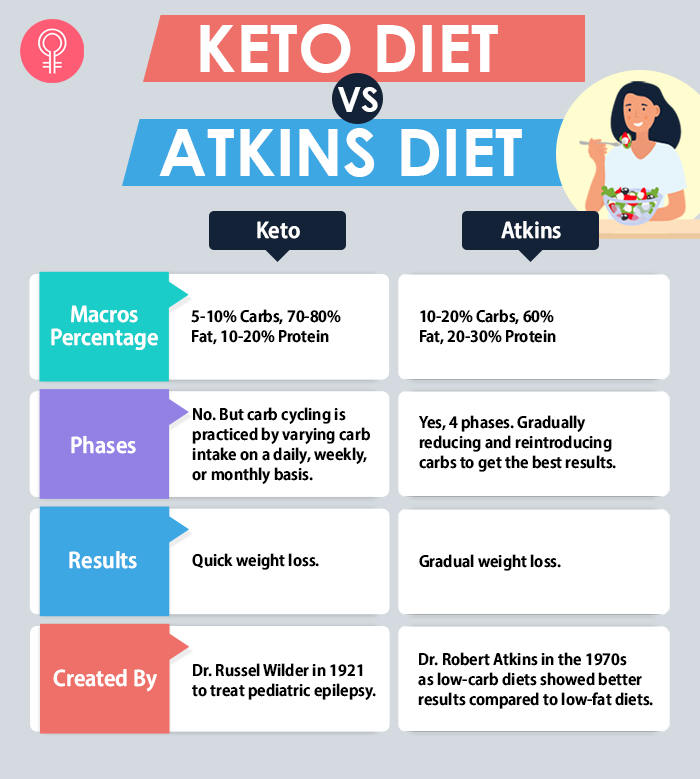The ketogenic diet has been a staple in the world of nutrition for a while now, all thanks to a man by the name of Dr. Robert C. Atkin. He was instrumental in promoting a low-carb diet where high-fat meals served as the major source of fuel. He developed the concept of letting your body burn fat in order to produce ketones.
Doctors may now rapidly determine when a patient has reached his ketone production phase following a successful ketogenic diet since the ketones’ approach is now more accurate than it was when Dr. Atkin initially presented ketosis in the 1970s.
You are aware of the significance of your body’s ketogenic state if you have followed the Atkins low carbohydrate diet regimen. It’s because your body will gradually switch from using fats as its primary source of energy to carbohydrates.
But despite the fame Dr. Atkins enjoyed in his day, the K-word was outlawed due to its name’s similarity to diabetic ketoacidosis. This is why, rather than emphasizing the release of ketones, the keto diet is now referred to as the carb-free diet.
What distinguishes the Dr. Atkins-popularized diet from the ketogenic diet most significantly?
Even though the change is very slight, it is still important. Your body needs to be maintained at a level where carbs are low, protein is moderate, and fat is high when it is in natural ketosis, when fat produces ketones for energy.
Whether you followed the protein, fat, and carbohydrate ratio in the Atkins low-carb diet did matter. The Atkins diet solely focused on carbohydrate restriction without taking into account how severely you restrict your intake of carbohydrates or how much of the other nutrients you actually need.
Blood tests to measure ketone levels are the only reliable way to determine whether the Atkins diet works as claimed.
Therefore, while both ketogenic and Atkins diets aim to achieve that state, the latter might be reached through a slightly different approach. Throughout your diet, you may not need to have any blood tests performed, but you must have your blood tested to see whether your body has reached ketosis.






